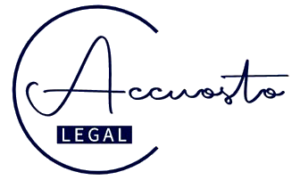
An interesting article in MAGISTER LUCENTINUS, about NEW INTELLIGENT ROBOTS, Patents and Intellectual Property.
We read the news, every day, about “intelligent robots”… They arrive at work autonomously… Hence, they will be capable of “creating” computer programmes, or new tools…
These robot “inventions”… Will they be protectable? As Patents or as Intellectual Property? Who will be owner of these new rights?
In principle, the technological group that forms a robot, or part of one, can be patented. The related patents with atomisation of the productive process are frequent and have been since the 2000s.
What happens if the robot can “invent” or “create” new products or software? The robots of the last generation include “learning algorithms”; thus, they can interact and modify their actions…The result can be a patentable process or product.

Who owns the “creation” of the robot?
Who owns the invention? Who can patent it? The user of the robot? Who has created or fabricated the robot? Is it not protected?
In the United Kingdom, the works created by robots or systems of Artificial Intelligence, AI, are protectable. They are attributed to the owner of the “generator of creativity”. In contrast, in the European Union, the “inventive activity” would not be recognised to works “created” by a machine, unless there is clear human intervention.
Robots and Intellectual Property / Copyright
In Intellectual Property, the European Union Justice court has established that only “creations” can be considered as those that reflect the personality of the author, that is to say, the physical person.
It is likely that the current trends will bring us closer to the British position. That the ownership of the «creations» of robots be attributed to the owners of the machine.
Santiago Nadal

